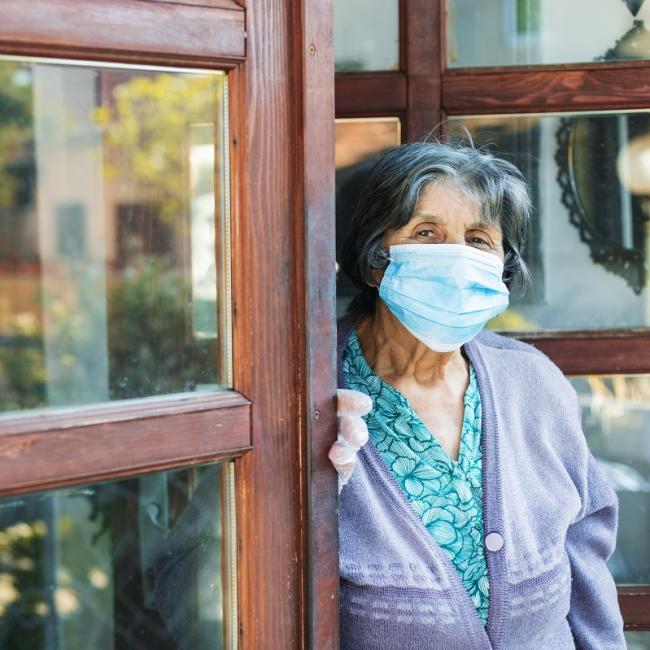Community Integration Challenges of Men and Women After Traumatic Brain Injury: A Reflexive Thematic Analysis of Lived Experiences Through a Gender Lens
J Head Trauma Rehabil. 2024 Aug 8. doi: 10.1097/HTR.0000000000000994. Online ahead of print.
ABSTRACT
OBJECTIVE: To investigate community integration (CI) challenges following traumatic brain injury (TBI) through a gender lens.
SETTING: Rehabilitation research-teaching hospital.
PARTICIPANTS: Adult participants (22 men and 20 women) with a primary diagnosis of mild or moderate-severe TBI, in the acute or chronic stages after injury, were recruited using purposive sampling.
DESIGN: Qualitative study. Data were collected through semistructured interviews, and thematic analysis was used to identify themes of CI challenges.
RESULTS: Three overarching themes emerged: (1) lack of a "graduated home plan": difficulty enacting gendered roles and responsibilities at home, (2) "Something that I cannot handle": mismatch between occupational demands and abilities, and (3) "Slipping away": disrupted connections with self and others. Men consistently voiced struggles with and inability to fulfill household tasks, whereas women detailed ways of adapting domestic responsibilities because of postinjury limitations. Productivity challenges resonated with a substantial number of participants, and a gendered pattern was observed: More women reported an inability, whereas more men reported a limited ability to meet occupational demands. Both genders conveyed disruptions in recreational and leisure activities, although women predominantly discussed challenges relating to social activities and men a tendency to avoid social situations because of anticipated stigma and/or shame. Across all themes, a pervasive sense of diminished community contributions and disrupted identities was observed.
CONCLUSION: The incongruence between preinjury roles and responsibilities and postinjury abilities resulted in difficulties across multiple CI domains for the study participants and did not go unnoticed by them. It is important for health care professionals to assist patients in addressing gendered challenges at home, work, and in the social circle for a smoother transition back into the community.
PMID:39115412 | DOI:10.1097/HTR.0000000000000994





